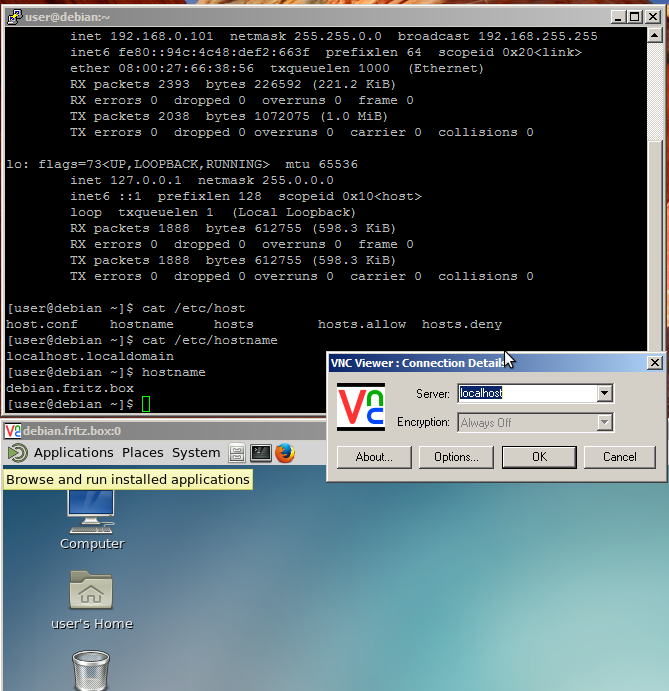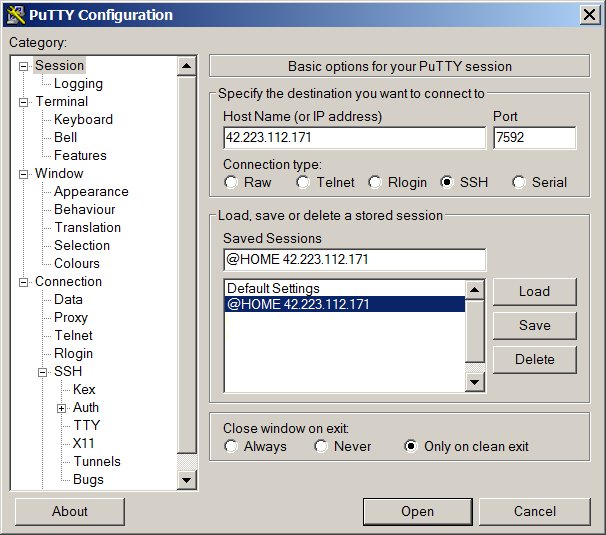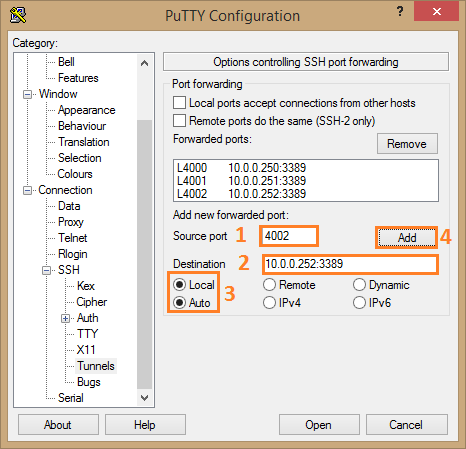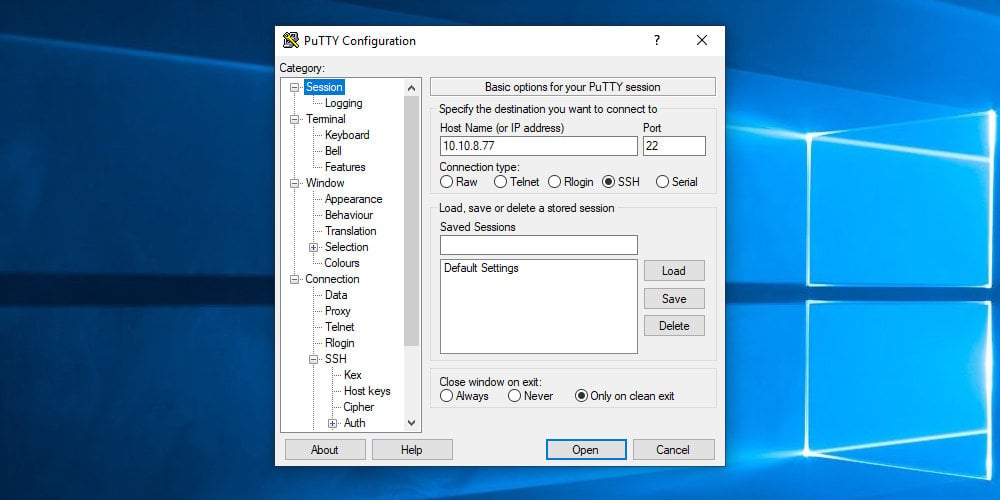

This worked instantly (with Firefox seeing PuTTY it as a SOCKS proxy) and I was immediately able to access sites being blocked in my location. I have tried connecting to another server that I regularly SSH to with exactly the same SSH tunnels setting in PuTTY (D9870) Which to me seems to look like the port-forwarding was accepted by the remote server. Incoming packet type 99 / 0圆3 (SSH2_MSG_CHANNEL_SUCCESS) I have looked in the putty.log and although I can't make much sense of it, there is the following section: Event Log: Opened channel for sessionĮvent Log: Local port 9870 SOCKS dynamic forwarding The server is primarily a web-server, but currently we are not running any websites on it, although Apache is running. Is it possible the firewall at the datacenter where the server is hosted is preventing the ssh-tunnel? I have tried D80 as my dynamic port in PuTTY, but this also doesn't work (should it?). So far I have tried all the suggestions in the responses. Subsystem sftp /usr/libexec/openssh/sftp-server # Accept locale-related environment variablesĪcceptEnv LANG LC_CTYPE LC_NUMERIC LC_TIME LC_COLLATE LC_MONETARY LC_MESSAGESĪcceptEnv LC_PAPER LC_NAME LC_ADDRESS LC_TELEPHONE LC_MEASUREMENT # session checks to run without PAM authentication, then enable this but set # PasswordAuthentication, PermitEmptyPasswords, and # Depending on your PAM configuration, this may bypass the setting of # be allowed through the ChallengeResponseAuthentication mechanism. If this is enabled, PAM authentication will # Set this to 'yes' to enable PAM authentication, account processing, # Change to no to disable s/key passwords # To disable tunneled clear text passwords, change to no here! # Don't read the user's ~/.rhosts and ~/.shosts files # RhostsRSAAuthentication and HostbasedAuthentication # Change to yes if you don't trust ~/.ssh/known_hosts for # For this to work you will also need host keys in /etc/ssh/ssh_known_hosts # Lifetime and size of ephemeral version 1 server key # OpenSSH is to specify options with their default value where # The strategy used for options in the default sshd_config shipped with # This sshd was compiled with PATH=/usr/local/bin:/bin:/usr/bin # This is the sshd server system-wide configuration file.

But the sshd_config on the new server is: # $OpenBSD: sshd_config,v 1.73 6 22:38:28 reyk Exp $ But the tunnel no longer works (times out when requesting pages in Firefox). After the move, I reconfigured the PuTTY to point to the new IP.
Putty ssh tunnel tcp port windows#
Prior to the move I was using PuTTY on a Windows box to tunnel web-traffic as a SOCKS proxy through the server using a Dynamic port set as 9870. The hard-disk from the old server was moved to the new one, and the configuration was supposed to be identical other than the IP address change. Our server provider recently changed our server and IP address. I need to figure out why it doesn't work with the new server since the sole purpose of that server is to provide this function to our company.

Putty ssh tunnel tcp port manual#
In all cases the manual SSH login works as normal. It still works perfectly fine when I login to another SSH session on another server as a test (a production web-server, not one I can purpose for this). By "perfectly fine" I mean I could browse the entire internet, including websites normally blocked in China.

The above configuration worked perfectly fine until our ISP changed the server to a Manual Proxy: (manual login) posted below Network settings: Interactive SSH Session sshd_config | Firefox | -> | PuTTY | -> | sshd | -> (The Internet) EDIT (for clarification) Windows Client Remote Linux Server


 0 kommentar(er)
0 kommentar(er)
